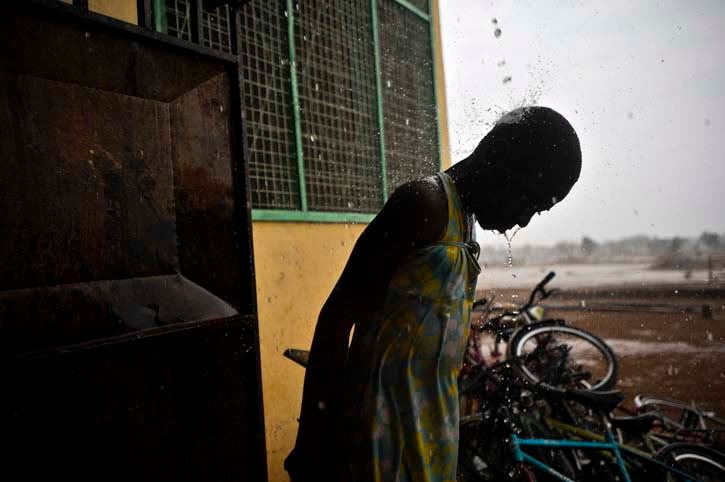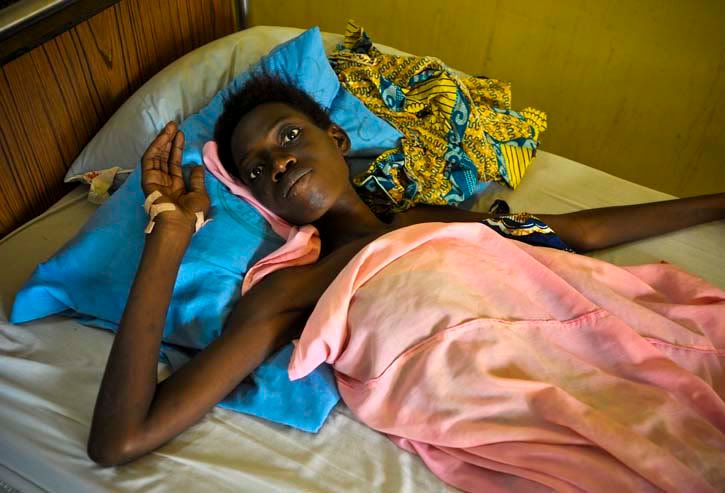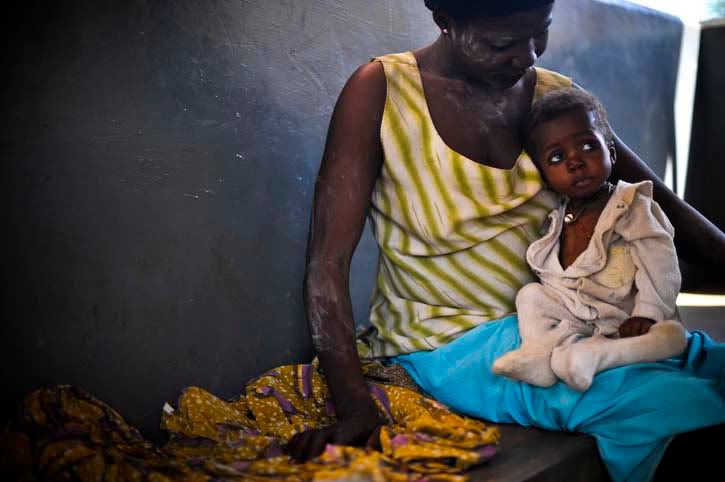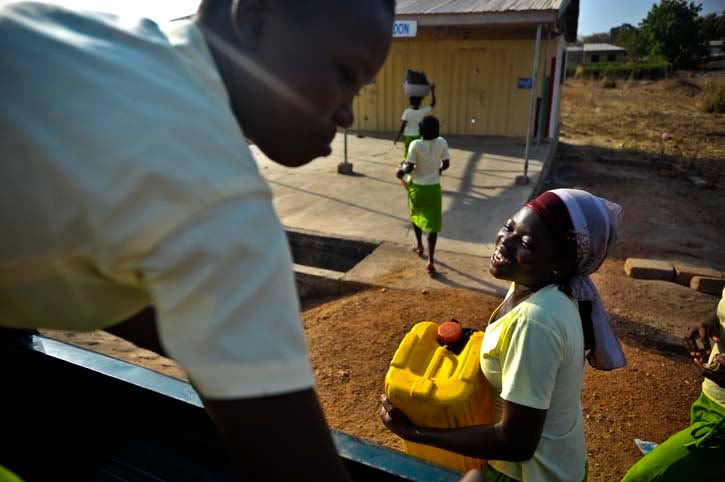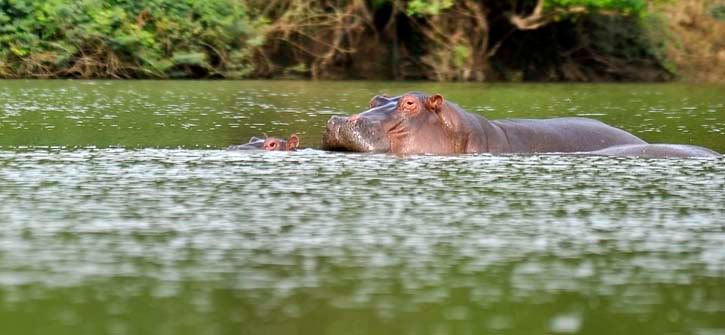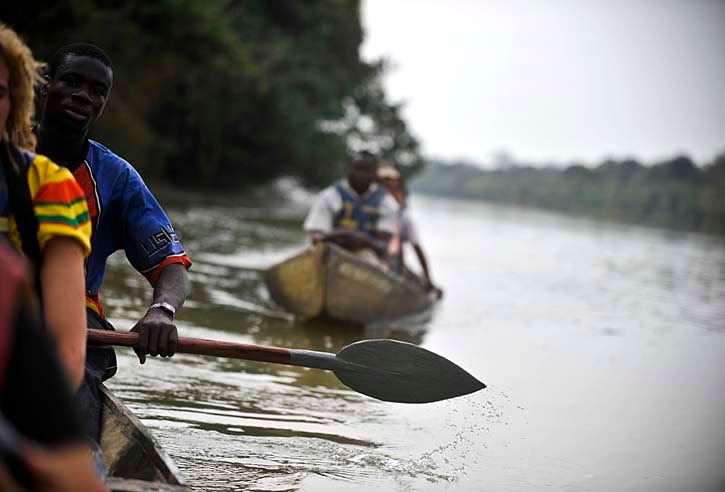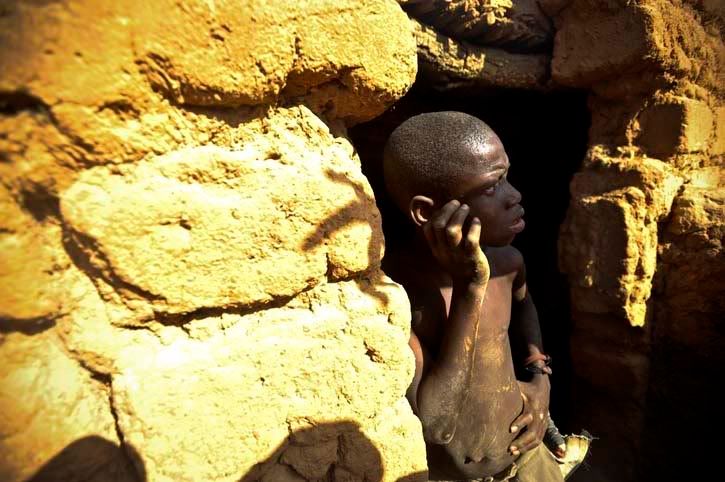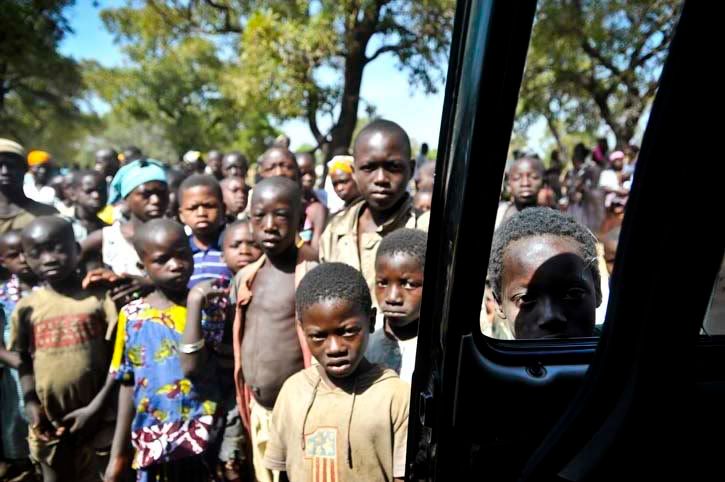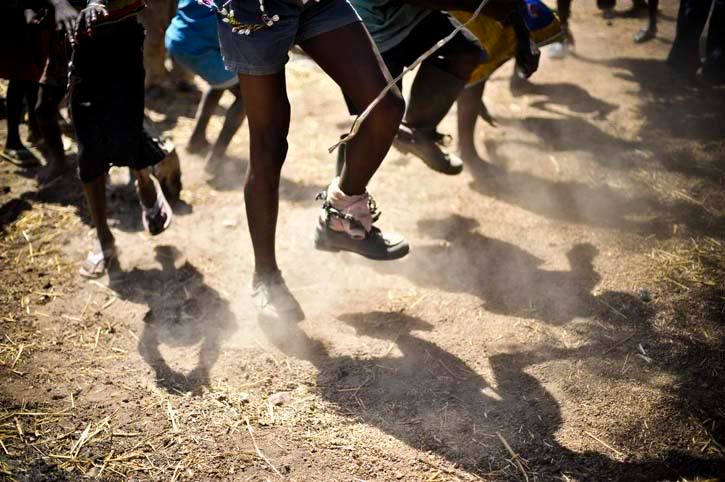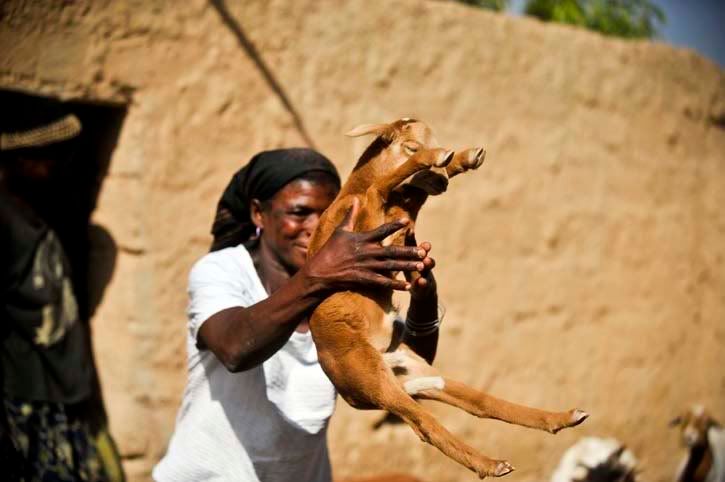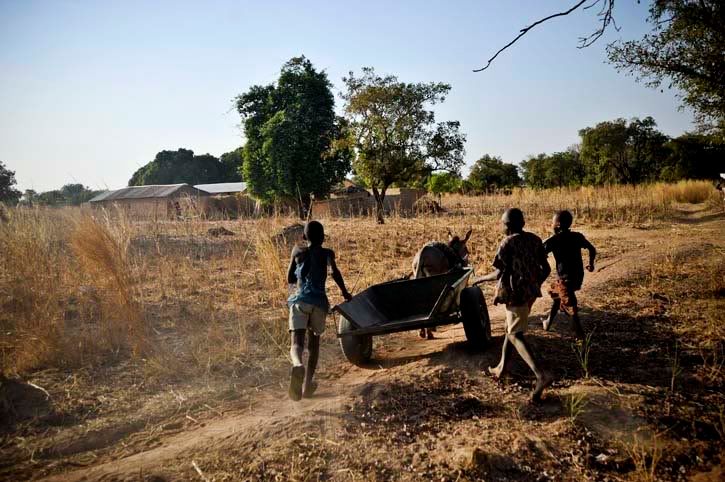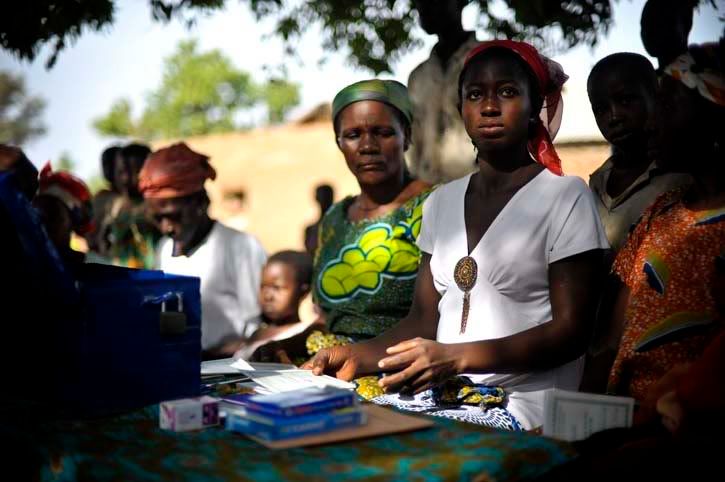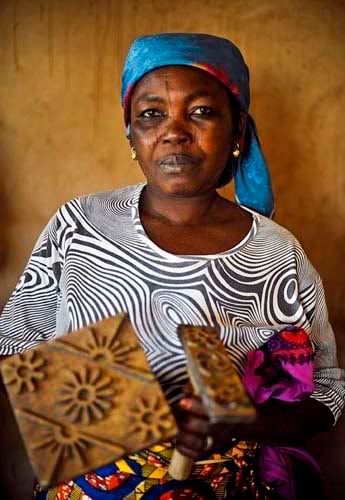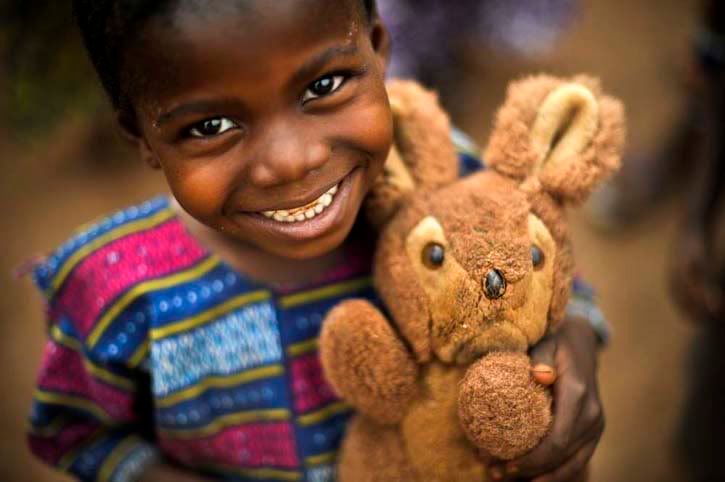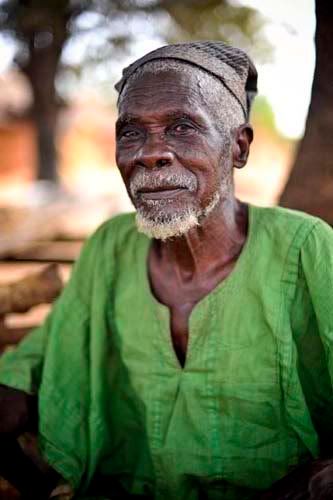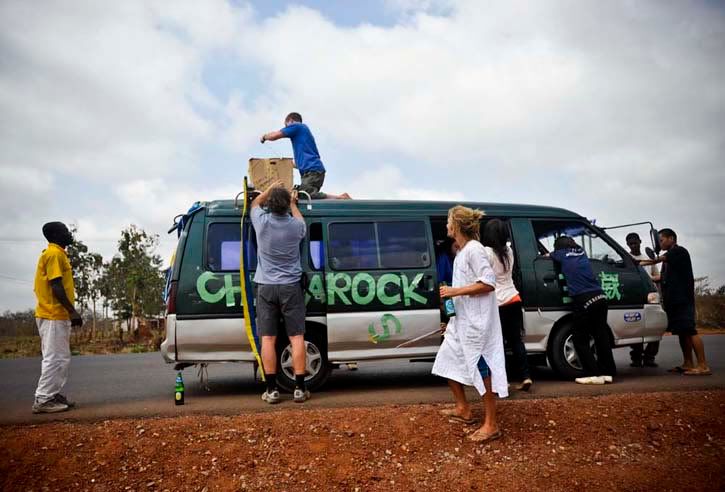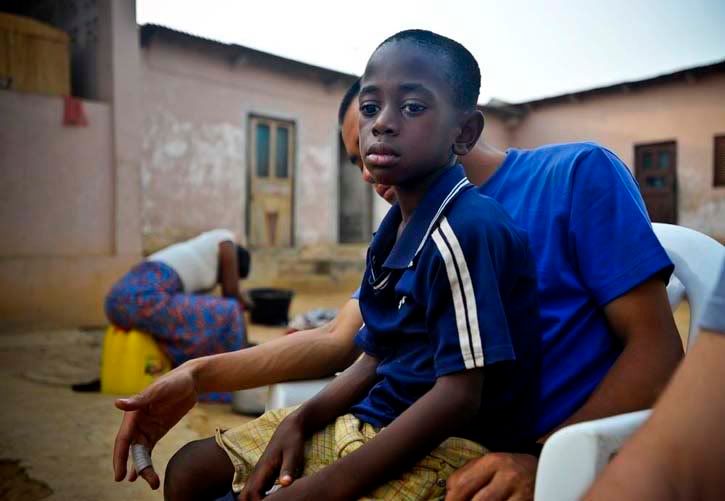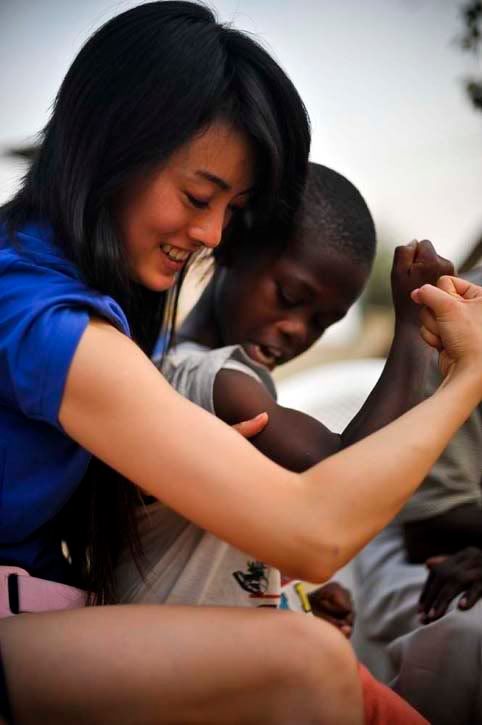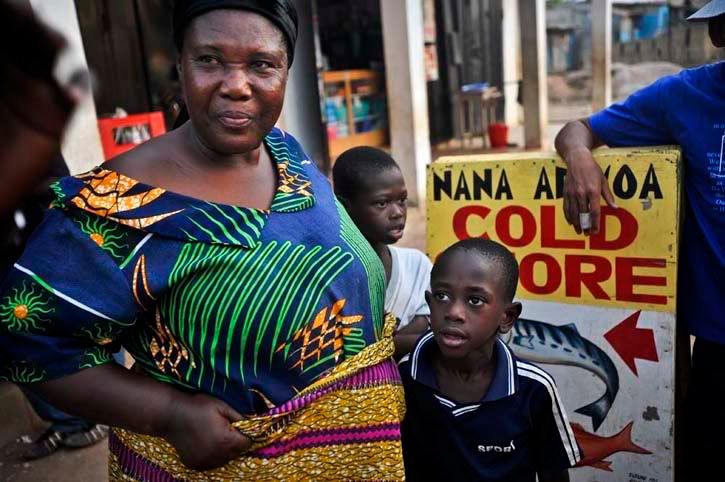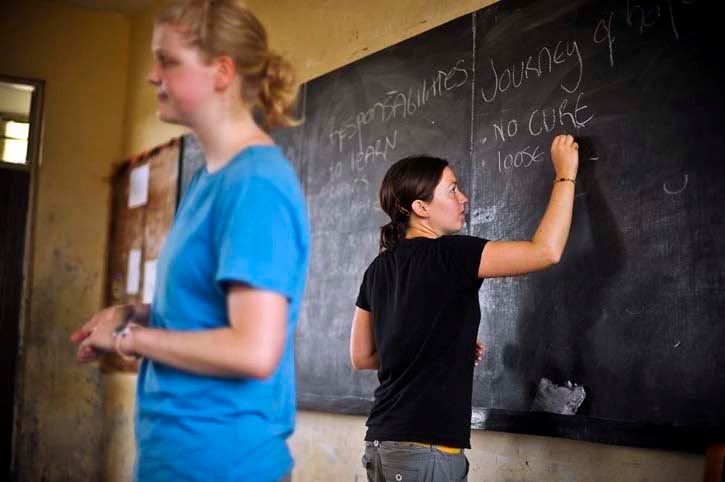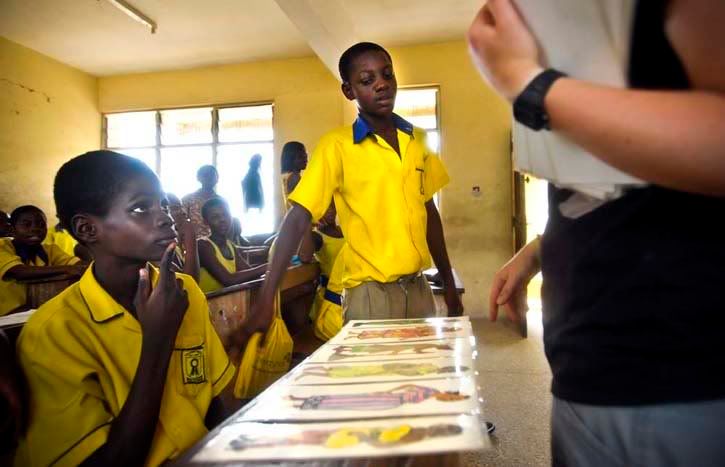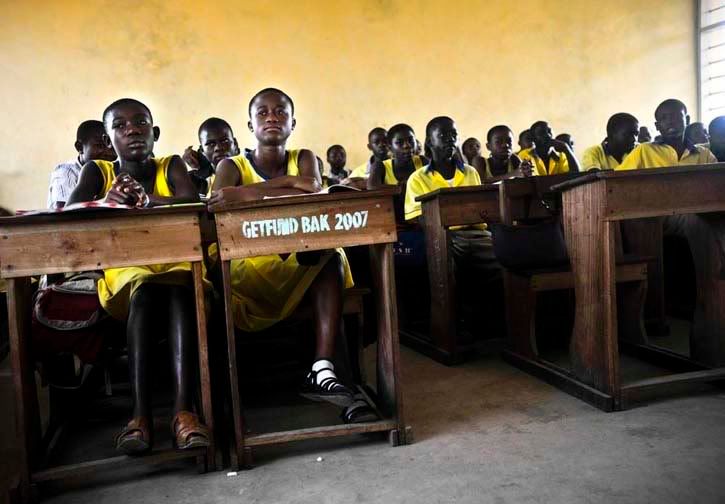CID Ghana, or Cooperation for Integrated Development, is a development organization in Tamale. It supports communities through schools and resources and development through educational skill-training programs.
Wish I could have spent more time with them, but I was able to get some material about their projects in the day I was there.
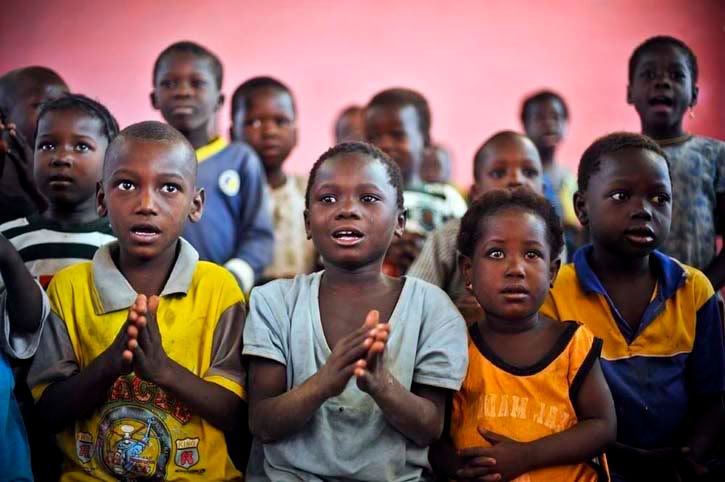
One of the projects is to build a toilet next to one of the schools that CID-Ghana supports by providing a teacher, fixing up the school and working with the ministry of health to give the students one meal per day. This is to encourage parents to let the children attend school.
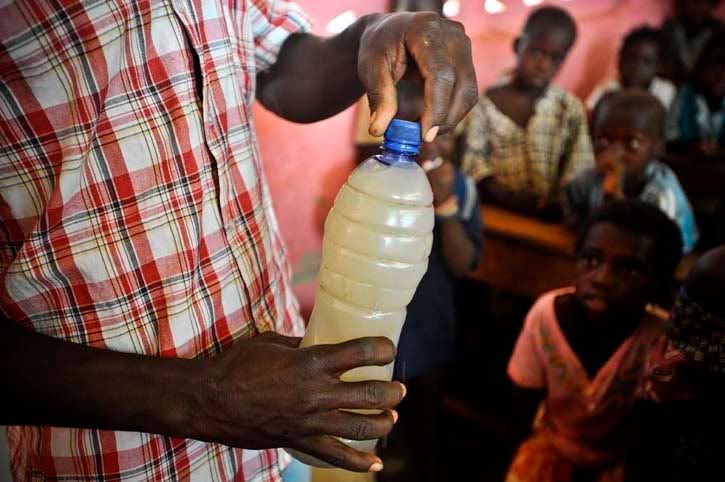
Along with sponsoring the school in Kotingli, a small village, there is also work being done to make things more sanitary by building a toilet for the school and to provide cleaner drinking water. Until the filtering system works, there are chemicals put into the water to make it clean so it is usable.
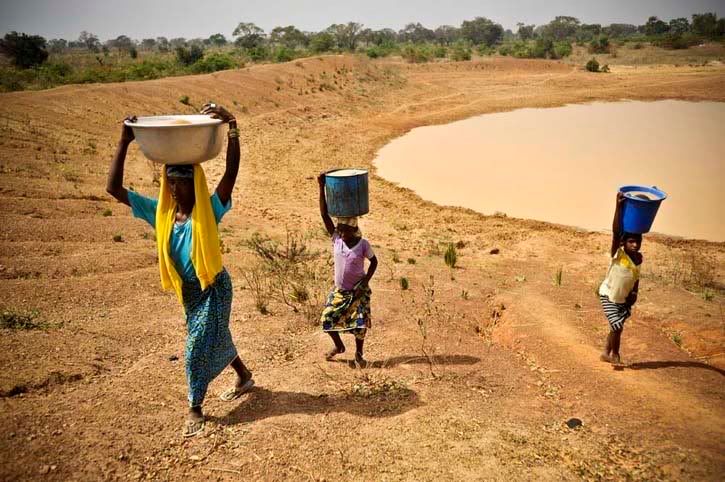
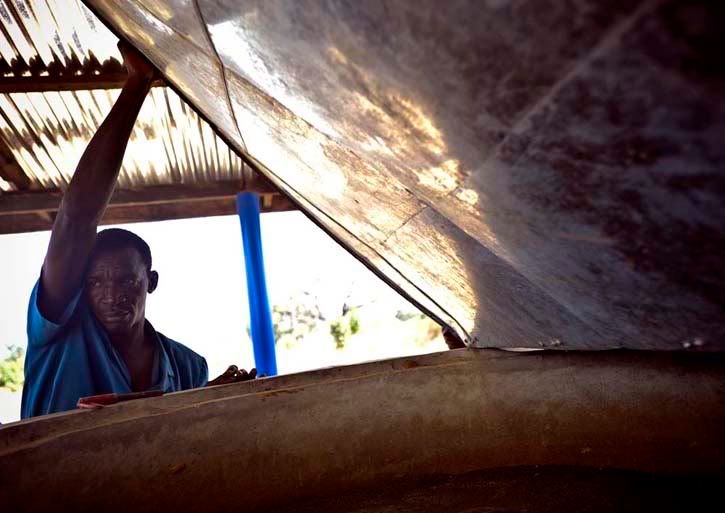
The water also dries up every year, forcing women to walk up to 22km to fetch water each day, carrying the large loads on their heads with their children helping as well. The filtering system is almost completed as well.
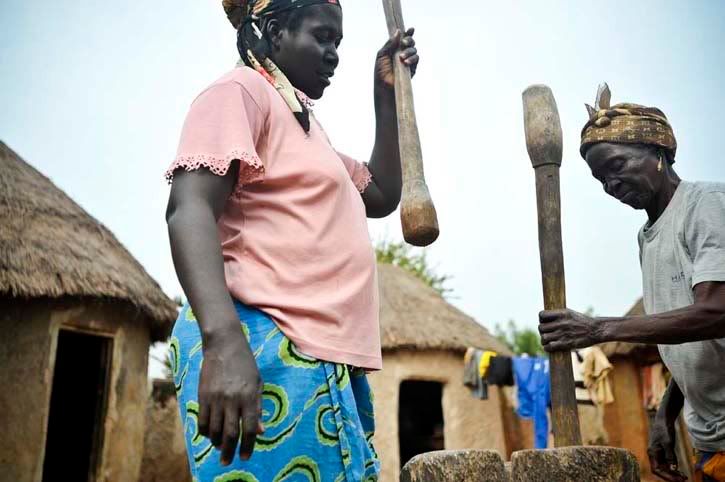
There is also a goal to train women in skills so they can help support their families. As someone told me in the North, if there was a Nobel prize for anything in Ghana, it should go to the mothers. Women do the cooking, cleaning and caring for the children, as well as often farm work to try to support the family financially. Not all of the money earned by men is returned to the family, but what is earned by the women is. They trained the women to make batik cloth to sell.
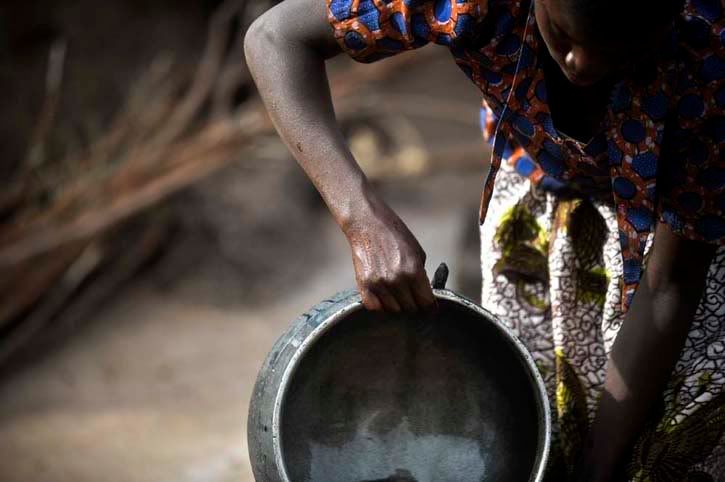
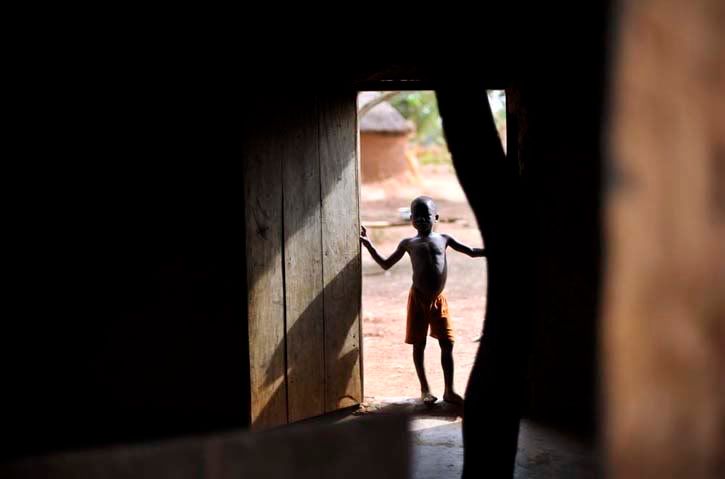
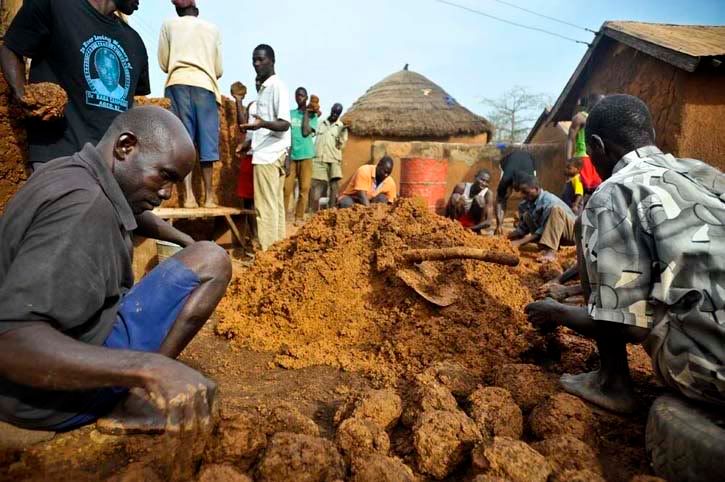
One of the things I really noticed in the villages was the teamwork environment. When a house needs to be built, all of the men gather to help build it in return for dinner. It's about helping each other to support the greater community. When food needs to be made, two women may team together to make it. I think much of the world could learn from that.
